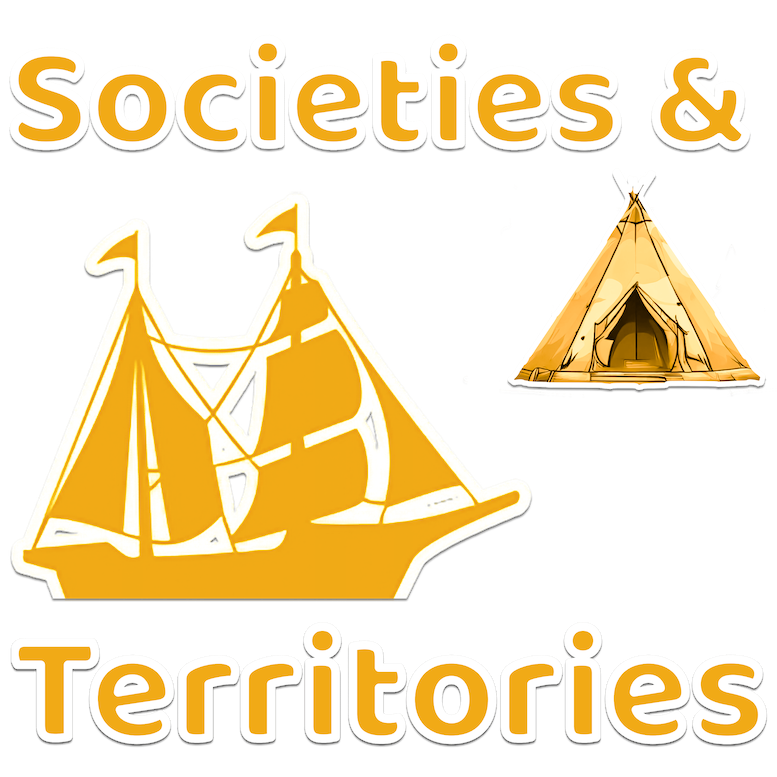A land and climate for farming
The Iroquoian territory was fertile because it was located in the Great Lakes and St. Lawrence Lowlands, and the humid continental climate was good for farming. The Iroquoians mainly grew corn, squash and beans, which they call the three sistersThe Three Sisters are the three main foods grown by various indigenous peoples in present-day North America. They are winter squash, maize (corn), and climbing beans (typically tepary beans or common beans). The Iroquois, among others, used these “Three Sisters” as trade goods. More. Berries like blueberries, raspberries, and strawberries, grew in abundance. There was also a wide variety of plants that were used in many ways, such as making medicines.
Water, forests and animals
There were many rivers on the territory. Getting around by canoe was very convenient. What’s more, these rivers were full of fish and turtles. The forests contained several species of trees, like birch, oak, elm, fir and pine. These are called mixed forests because they have both coniferous and deciduous trees. They were home to several species of animals such as beavers, deer, bears and wolves.
Natural resourcesResources are anything taken from the earth or nature that people need, use, and are “valued”. For example, a country that is rich in resources is one with good land, minerals that can be mined, seas or rivers that are plentiful and can be used for food and other uses. Les ressources sont tout ce qui provient de la terre ou de la nature dont les gens ont besoin, qu’ils utilisent et qui est “valorisé”. Par exemple, un pays riche en ressources est un pays qui possède de bonnes terres, des minéraux qui peuvent être exploités, des mers ou des rivières qui sont abondantes et qui peuvent être utilisées pour l’alimentation et d’autres usages. More for sustaining life
All these natural resourcesResources are anything taken from the earth or nature that people need, use, and are “valued”. For example, a country that is rich in resources is one with good land, minerals that can be mined, seas or rivers that are plentiful and can be used for food and other uses. Les ressources sont tout ce qui provient de la terre ou de la nature dont les gens ont besoin, qu’ils utilisent et qui est “valorisé”. Par exemple, un pays riche en ressources est un pays qui possède de bonnes terres, des minéraux qui peuvent être exploités, des mers ou des rivières qui sont abondantes et qui peuvent être utilisées pour l’alimentation et d’autres usages. More provided the Iroquoians with everything they needed for food, clothing, shelter, medicine, and entertainment.
Author: Service national du Récit de l’univers social
Important concepts and big ideas:
SustainabilitySustainability (or sustainable development) is development, growth or change… that meets the needs of the present, without compromising or preventing our children and future generations of meeting their own needs. More
Rich in resourcesResources are plentiful here. The territory contains a wealth of available resources, which could be minerals, agricultural products, or naturally growing products like forests. More
Sustainable land use
Vegetation
Adapt to the environmentWhen someone or something changes in order to be more successful in a particular environment, we say they are adapting to the environment. More
Transportation route
Quickly check your knowledge:
See also: – Corn porridge on the menu
Below you will find some activities students can do as
SMARTBoard tools for the Iroquois – Cycle 2 (Gr. 3) for more images and activities.





